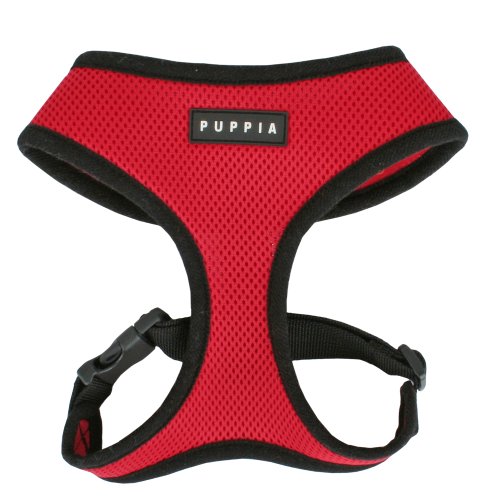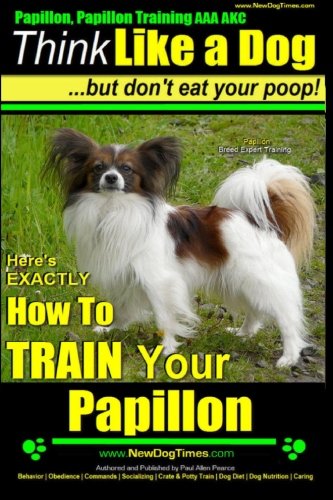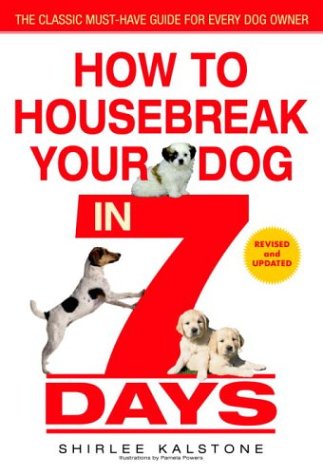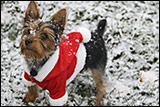
When you get a puppy, proper socialization is very important. This will help you to avoid problem behaviors in the future when your puppy gets bigger. Most dogs that end up euthanized end up there because of improper socialization skills.
The best time to start socialization is between eight to twelve weeks of age. During this stage of a puppy's life, it is important to introduce them to as many experiences as possible and to begin basic training. This is what's known as the 'fear imprinting stage'. When introduced to things during this time, your dog will be less likely to show fear later in life to new experiences. When dogs become aggressive in an unprovoked situation, it is usually due to fear and from not being properly socialized.
 Socialization is introducing your puppy to a variety of things such as new people, new sounds, other animals, or anything unusual that he may come into contact with such as an umbrella, cane, etc. It is possible to rehabilitate an older dog, but socialization training is much easier with a puppy.
Socialization is introducing your puppy to a variety of things such as new people, new sounds, other animals, or anything unusual that he may come into contact with such as an umbrella, cane, etc. It is possible to rehabilitate an older dog, but socialization training is much easier with a puppy.
First, only introduce your dog to something or someone new in a controlled environment, and try to protect him from things that may scare him. If he becomes scared and growls at someone, don't correct the dog. Ask the person to back away, which shows your puppy that you have control. Start out with small groups of people before surrounding him in a large crowd. Keep treats handy and praise your puppy when he reacts positively. Only reward good behaviors. If your puppy reacts with a behavior you don't like, respond with a signal such as saying 'too bad' or 'no'. If this doesn't work you can try a time out. Dogs have a heightened sense that can play off of your emotions. So encountering new people must be enjoyable for you also, if you want your dog to respond with a good attitude.
When your dog shows fear, do NOT reinforce it. Instead, work toward finding out why he is afraid. The dog should learn to trust you and know that you are in charge of every situation. Never scream or hit your dog to correct a problem, as this will only cause him to associate something bad with the situation.
If your puppy begins to show food aggression behaviors, begin to remove his bowl during meal time and place a treat in the bowl when returning it. Your puppy will associate a good thing with having his bowl removed and will not view it so negatively.
When your puppy begins to teeth, he will chew on everything. Have toys available for him to chew on. When he starts chewing on items that he shouldn't, remove it with a firm no and replace it with one of his toys.

Dogs are social creatures. If your dog spends most of his time isolated and alone, he will most likely develop bad behaviors. When he does something bad, ignore him. You may need to work around a behavior to get the desired effect. For instance, pushing your dog off when jumping will not teach him to stop jumping. But, by teaching your dog to sit and asking him to sit before he jumps will give him attention while at the same time avoid the jumping.
When meeting other people or animals, keep the leash loose. Your dog can feel you tightening the leash and will see this as you feeling anxious or 'not in control', and will respond negatively to protect you.
Your dog should associate his name with coming to you and as a positive experience, so never yell your dog's name in an angry tone. Your puppy should also be started on a leash as young as possible to get him used to the idea.
Obedience classes are also a great resource in training your puppy. Be sure to check out the trainer and environment before taking your puppy. Proper socialization training will strengthen the bond between you and your puppy, and will create a positive environment for the future. Also be careful not to take your puppy to places where there are other dogs until he has completely finished his round of vaccinations. Continue to socialize your puppy even after he becomes an adult. If you stop, unwanted behaviors could start to creep up later in your dog's life.
If you plan on adopting an older dog, there are still ways to properly socialize him. Invite friends over one at a time and have them feed the dog or give him treats. If he's afraid of hats, halfway through feeding have your friend put on the hat and continue to feed him. After a while he will associate the hat with a positive experience.
If your new dog is aggressive or afraid of new people there are still ways to break this behavior. The best method is using treats or other reward based methods. Invite someone over and have them 'lure' the dog with treats or food. As the dog becomes more and more comfortable, he will come closer to your friend. Never force a dog into meeting someone, let him take his time.
When dealing with aggression, start off very small. Have one person come over at a time. Answer the door with your dog on a leash. Gradually increase amount of people or by moving outside the home. Until your dog stops showing aggressive behaviors you should not take him to a crowded public place. Dogs are aggressive because they are afraid of the 'unknown' thing, whether it be a new person, animal, or object. It takes time, patience, and understanding to break a dog of this behavior.
Never play rough with your puppy or adult dog in games that will bring out his dominant or aggressive side. Sometimes spaying/neutering your dog will take care of aggression, especially with male dogs. Plenty of exercise will also help curb unwanted behavior. Also set clear boundaries and rules and establish yourself as the 'alpha' dog. Stick to it!
 Be Prepared Before Taking Your Dog on Your Next Holiday Road Trip
Planning Your TripIt is exci
Be Prepared Before Taking Your Dog on Your Next Holiday Road Trip
Planning Your TripIt is exci
 Great Dog Breeds: the Happy Little Papillon
The first time I was introdu
Great Dog Breeds: the Happy Little Papillon
The first time I was introdu
 Tips On How To House Train A Puppy
Credit: Humane Society Of Greater Rochester v
Tips On How To House Train A Puppy
Credit: Humane Society Of Greater Rochester v
 Dog clothing is essential
Dog clothing is essential
Dog clothing is essential
Dog clothing is essential
 Prepare your Pets for Natural Disaster
In light of all the natural disasters that have happene
Prepare your Pets for Natural Disaster
In light of all the natural disasters that have happene
Copyright © 2005-2016 Pet Information All Rights Reserved
Contact us: www162date@outlook.com